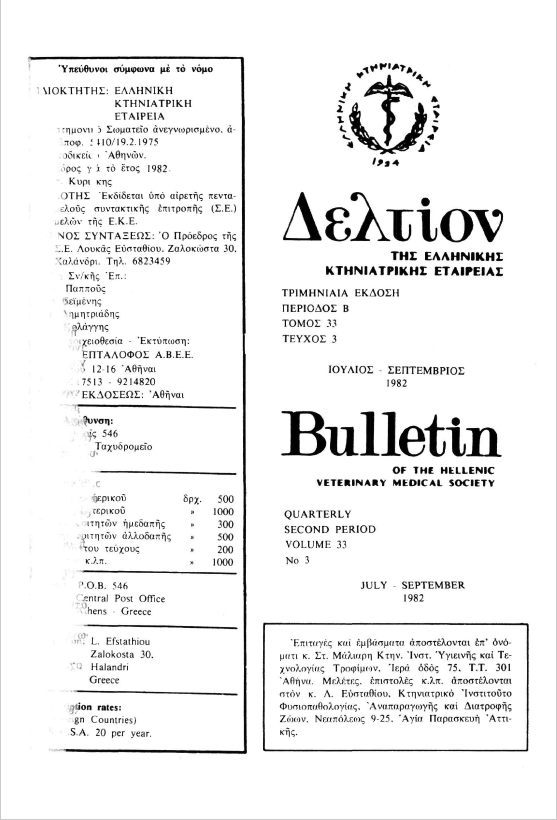Brief report on the germ heat-resistance-lowering by adding polyphosphate salts in meat products
Abstract
1. The heat-resistance-lowering effect of disodiumdiphosphate, sodiumtripolyphosphate and trisodiumcitrate on Lactobacillus helveticus, Bacillus cereus and Clostridium sporogenes in Frankfurter-type sausages and cooked ham was examined. 2. During the heat-treatment of Frankfurter-type sausages, oligophosphates promoted the killing of the examined germs. A specific retarding-effect at a storage temperature of 15° C was not observed. The influence ascertained for test-germs was also reflected in the sum total of germs in the product. Diphosphates had a somewhat stronger effect in lowering heat-resistance. The replacement of NPS by NaCl yielded no differences in any of the cases. 3. Sodiumtripolyphosphate and trisodiumcitrate had a clearly heat-resistance-lowering effect in cooked ham, but not a growth-retarding effect on the examined germs. The influence on the test-germs was also reflected in the sum total of germs in the product. 4. As was expected, the water content was somewhat higher in the case of the phosphatehams, the raw protein and fat content somewhat lower. 5. The losses through boiling were, in general, relatively high because the hams were not tumbled. The losses in the case of the sodiumtriphosphate-charge were somewhat lower than in the cases of the others. 6. The color, consistency and taste ratings of the cooked hams produced with sodiumtripolyphosphate were strikingly favourable.
Article Details
- How to Cite
-
ΒΑΤΣΟΣ Ε. Α. (2019). Brief report on the germ heat-resistance-lowering by adding polyphosphate salts in meat products. Journal of the Hellenic Veterinary Medical Society, 33(3), 226–232. https://doi.org/10.12681/jhvms.21546
- Issue
- Vol. 33 No. 3 (1982)
- Section
- Articles

This work is licensed under a Creative Commons Attribution-NonCommercial 4.0 International License.
Authors who publish with this journal agree to the following terms:
· Authors retain copyright and grant the journal right of first publication with the work simultaneously licensed under a Creative Commons Attribution Non-Commercial License that allows others to share the work with an acknowledgement of the work's authorship and initial publication in this journal.
· Authors are able to enter into separate, additional contractual arrangements for the non-exclusive distribution of the journal's published version of the work (e.g. post it to an institutional repository or publish it in a book), with an acknowledgement of its initial publication in this journal.
· Authors are permitted and encouraged to post their work online (preferably in institutional repositories or on their website) prior to and during the submission process, as it can lead to productive exchanges, as well as earlier and greater citation of published work.



